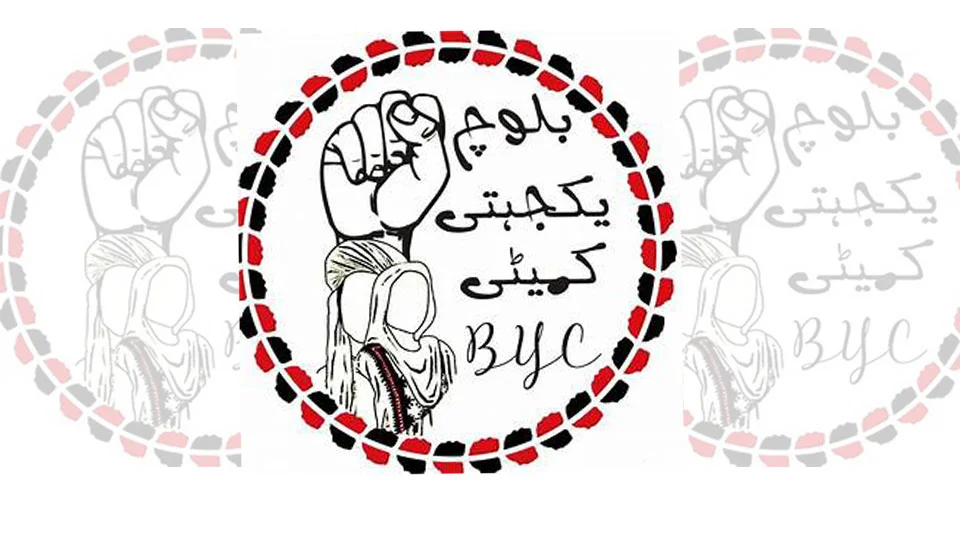By Imran Baloch
As the crescent moon signals the arrival of Eid, a time of joy and unity for millions, the people of Balochistan mark the occasion in grief and defiance. Instead of celebrations, many are mourning the loss of loved ones, enduring crackdowns, and demanding the release of detained activists. The recent escalation of protests and violent suppression has highlighted a deepening human rights crisis, warranting urgent international intervention.
Tensions escalated in March 2025 with the arrests of key figures from the Baloch Yakjehti Committee (BYC), including Dr. Mahrang Baloch, Sammi Deen Baloch, and Beebow Baloch. These activists were detained during a peaceful sit-in protesting enforced disappearances and other rights violations. The response from authorities was swift and forceful—tear gas, baton charges, and mass detentions replaced dialogue, further inflaming unrest across the province.
On March 22, security forces allegedly opened fire on demonstrators in Quetta, resulting in multiple casualties. Government officials justified their actions by citing security concerns, but eyewitness accounts and BYC representatives painted a different picture—one of excessive force and an attempt to silence dissent. The crackdown has only deepened public resentment and reinforced demands for justice and accountability.
As protests intensified, Sardar Akhtar Mengal, chief of the Balochistan National Party (BNP-M), led a march from Wadh to Quetta, demanding the release of detained leaders and an end to state repression. The already tense situation took a darker turn when a suicide bomber targeted the rally near Mastung, injuring at least one person. Mengal remained unharmed, but the attack raised fresh concerns over security failures and the volatile situation in Balochistan.
Authorities have imposed market closures and highway blockades in an effort to stifle the growing movement. These measures have paralyzed daily life, exacerbating economic hardships for ordinary citizens. Rather than addressing grievances through dialogue, the state’s heavy-handed approach has only fueled further unrest, pushing more people onto the streets in defiance.
While much of the world observes Eid in celebration, families in Balochistan spend it seeking justice. The United Nations, Amnesty International, and global human rights organizations must take urgent notice of the escalating crisis. Violations of fundamental rights, including freedom of expression and peaceful assembly, cannot be ignored. Independent investigations into recent killings, enforced disappearances, extra-judicial killings, immediate release of political prisoners, and an end to state repression are imperative.
Baloch people deserve dignity, the right to voice their concerns, and the ability to celebrate without fear. The international community must act, ensuring that Balochistan’s plight is no longer sidelined. Only through global solidarity and intervention can justice be achieved, ending the cycle of repression that continues to cast a shadow over the province.

